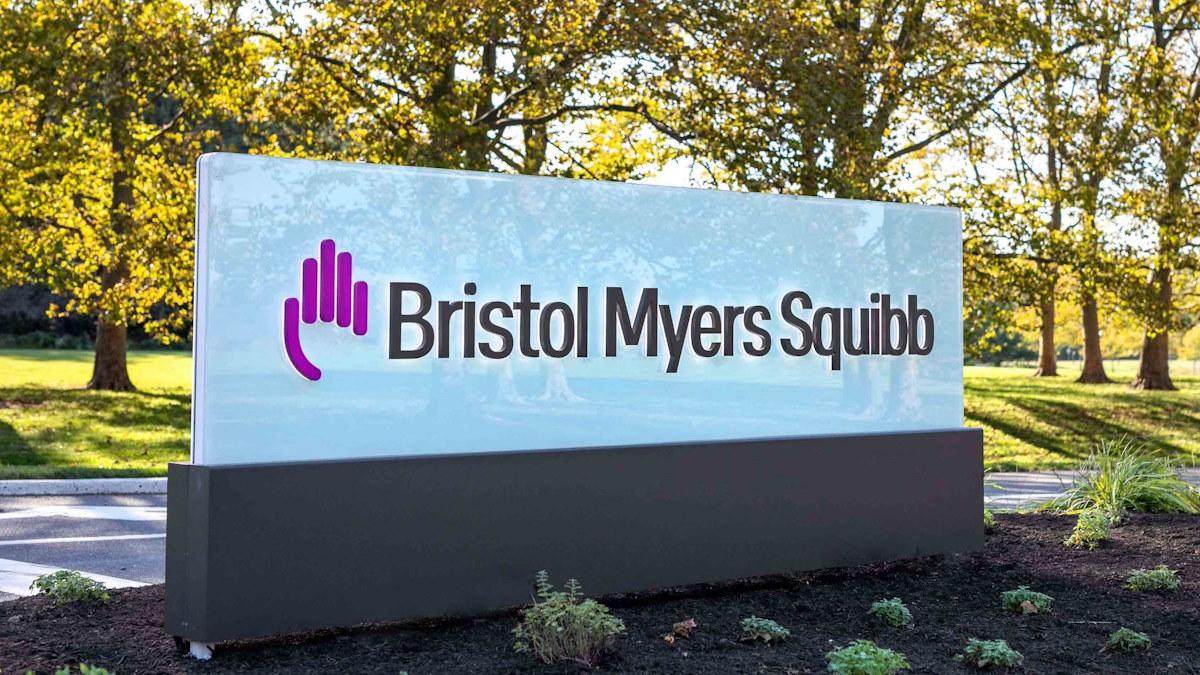BMS lines up follow-up indication for cardiomyopathy drug Camzyos

Bristol-Myers Squibb is going after a second indication for its first-to-market cardiac myosin inhibitor Camzyos, a drug tipped to be a future blockbuster and the top prospect in the company's growing cardiovascular pipeline.
Camzyos (mavacamten) was approved by the FDA in April to treat obstructive hypertrophic cardiomyopathy (HCM), an inherited, progressive disease that thickens the heart walls and makes it harder for the heart to expand normally and fill with blood.
BMS' latest filing is based on the results of the phase 3 VALOR-HCM study, which includes patients with severe obstructive HCM who need a surgical or catheter-based procedure called septal reduction therapy (SRT). In the trial, Camzyos or placebo was added to the highest tolerated dose of standard therapy.
The trial showed that Camzyos improved symptoms in patients, and significantly reduced eligibility for needing SRT – both invasive specialised care procedures – with 18% deciding to proceed versus 77% in the placebo group.
BMS said that the finding strengthens the evidence base for BMS' drug and should help encourage take-up of a product that analysts at Cantor Fitzgerald have suggested could become a $2 billion product. The FDA is due to decide on the new label by 16 June next year.
"We see a lot of potential to drive significant penetration in this large, underserved, and underdiagnosed population," commented BMS' chief executive Giovanni Caforio in July, when the company reported initial sales of $3 million for Camzyos.
That early uptake was attributed to stocking by supply channels, ahead of prescribing by clinicians and pharmacies who have to be certified to prescribe and dispense the drug under BMS' risk evaluation and mitigation strategy (REMS) because the drug has a risk of heart failure due to systolic dysfunction.
During its initial rollout, Camzyos is being provided free to most patients for 30 days to get them started in therapy, and Caforio has said the take-up is proceeding as expected with "strong enthusiasm" for the new therapy from both physicians and patients.
The REMS isn't being viewed as a barrier by cardiologists, he added, and BMS has seen "a large number of medium and small clinics get not only REMS certified, but get patients onto therapy, and in many cases, get multiple patients on therapy."
HCM affects one in every 500 people in the US and around 400,000 to 600,000 people worldwide, although it is under-diagnosed and many patients don't display symptoms. If not treated effectively, it can lead to atrial fibrillation, stroke, and heart failure.
Camzyos was the main asset in BMS' acquisition of MyoKardia for $13 billion in 2020. The closest rival in the cardiac myosin inhibitor class is Cytokinetics, whose rival drug CK-274 cleared a phase 2 trial last year and is now in a phase 3 programme.













